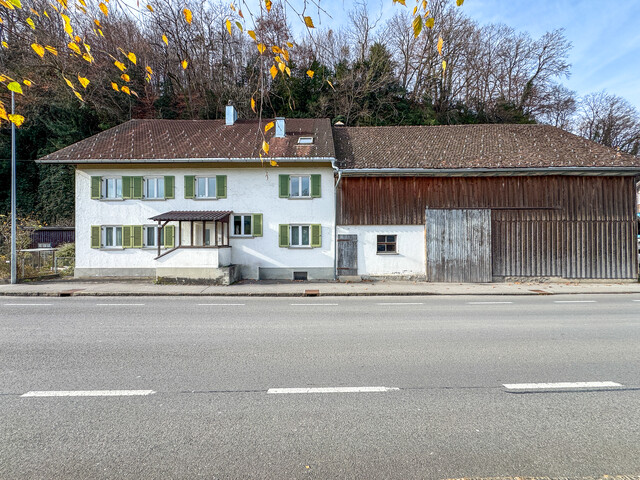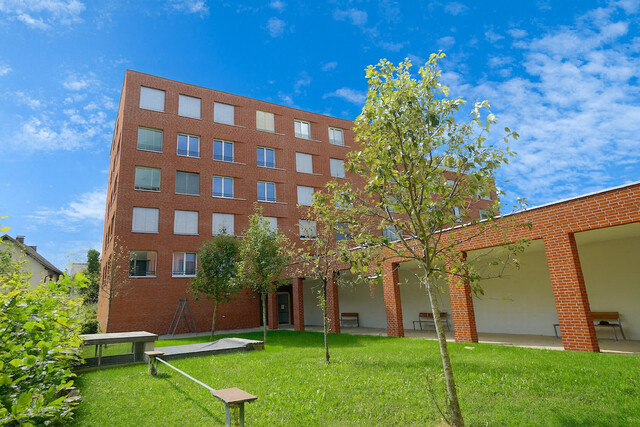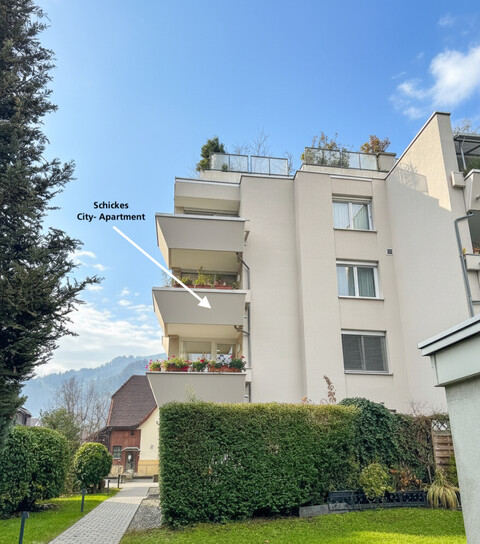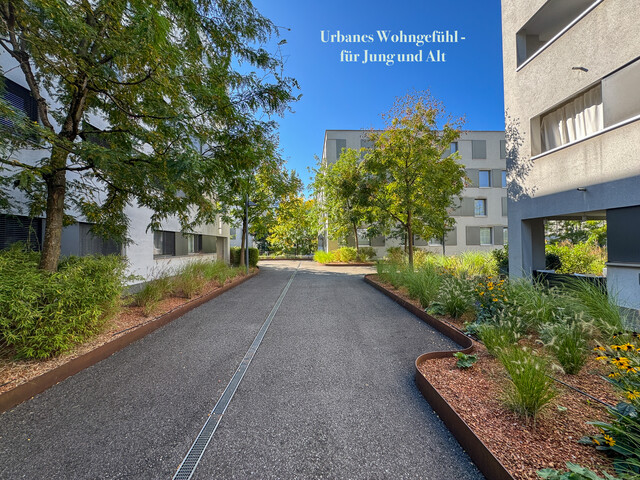Fees for E-Card, Passport, and Driver's License Are Increasing

The government's austerity measures will bring numerous fee increases starting July 1. For example, the issuance of passports and driver's licenses will become more expensive, and there will also be a higher service fee for the e-card. Citizens will notice that the Austrian Health Insurance Fund is also suffering from budget cuts through co-payments for medical transports.
Fees for passports and driver's licenses climb upwards
The fees for various documents will be significantly increased. Most federal fees were last raised in 2011, resulting in an inflation adjustment of 48.2 percent. A passport will cost 112 euros instead of the previous 76 euros from July, and an ID card will cost 91 instead of 62 euros. The issuance of a driver's license will cost 90 instead of 61 euros, and a registration certificate will cost 178 instead of 120 euros. Comparatively inexpensive remain the fees for marriage, at 74 instead of 50 euros.
Those who want to change their first or last name will pay 567 instead of around 383 euros in the future. The granting of Austrian citizenship will also become more expensive - in the future, 1,488 euros will be payable instead of the previous 1,115 euros. With the recent tightening of the weapons law, the fees for a firearms ownership card (110 instead of 74 euros) and a firearms license (175 instead of 118 euros) are also increasing.
Service fee for e-card at 25 instead of 13.80 euros
There are also changes for doctor visits: From July, laboratory and radiology findings as well as the associated X-ray, MRI, and CT images must be stored by private practice doctors in the Electronic Health Record ELGA. This is intended to improve communication between treating doctors, among other things. The expansion of ELGA is to happen gradually - for example, the obligation to store these findings will also apply to hospitals from 2026. The annual service fee for the e-card will almost double from July; it will increase from 13.8 to 25 euros. From 2026, pensioners will no longer be exempt from this.
Because the Austrian Health Insurance Fund (ÖGK) also has to save. Therefore, co-payments for medical transports will be reintroduced in July. For patient transports, i.e., rides without paramedics, with a taxi or transport service, this will be at the level of the prescription fee - currently 7.55 euros. For medical transports with paramedics, the double prescription fee - 15.10 euros - must be paid. Certain medically necessary rides, such as to chemotherapy or radiation therapy, as well as to dialysis, remain free; and time-critical rides like emergency or ambulance transports are not affected. The ÖGK justifies the step with a strong increase in medical transports.
FPÖ sees "unsocial rip-off"
FPÖ social spokesperson Dagmar Belakowitsch criticized the fee increases on Monday, including for passports or e-cards, and spoke of an "unsocial rip-off." The ÖVP Senior Citizens' Association and the Greens mainly criticized the new co-payment for medical transports, which, according to disability spokesperson Ralph Schallmeiner, represents a significant financial burden for people with disabilities and the elderly.
(APA/Red)
This article has been automatically translated, read the original article here.
Du hast einen Hinweis für uns? Oder einen Insider-Tipp, was bei dir in der Gegend gerade passiert? Dann melde dich bei uns, damit wir darüber berichten können.
Wir gehen allen Hinweisen nach, die wir erhalten. Und damit wir schon einen Vorgeschmack und einen guten Überblick bekommen, freuen wir uns über Fotos, Videos oder Texte. Einfach das Formular unten ausfüllen und schon landet dein Tipp bei uns in der Redaktion.
Alternativ kannst du uns direkt über WhatsApp kontaktieren: Zum WhatsApp Chat
Herzlichen Dank für deine Zusendung.








